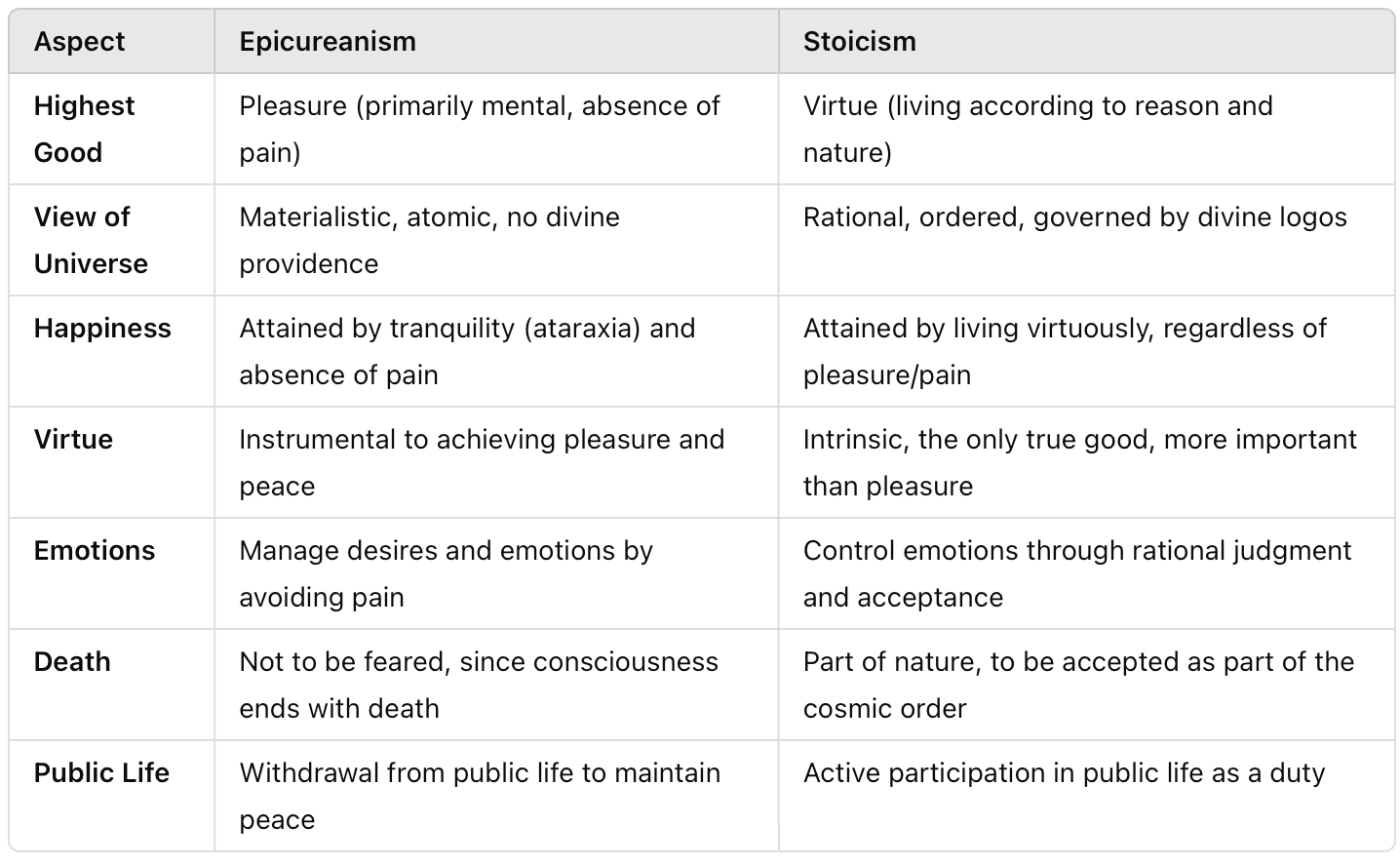A New Experiment - Podcastrations
Podcastrations: my attempt to mimic David Senra; or a way to rationalize my podcast listening habits

I am yet to shake my previously-blogged-about podcast addiction. I just re-read that post and, unfortunately, all five drawbacks of over-indulging on Podcastrati content still apply to me.
In lieu of dropping my listening habits cold turkey, I will convert passive consumption into active consumption by starting this new format of blog posts called Podcastrations. These posts will be some combination of: 1)transcriptions of memorable moments, 2)cross-references to similar ideas from other podcasts or books or personal experiences, and (hopefully) 3)synthesis of new ideas that may become separate blog posts. Podcastations can be viewed as my attempt to mine a similar vein that David Senra struck years ago with Founders—another podcast host I would include in the realm of the Podcastrati.
Podcastration #1
Podcast: The Daily Stoic
Episode: Francis Ford Coppola Opens Up About How Philosophy Inspired His Life and Career
If you don’t currently subscribe to Tim Ferriss’s 5 Bullet Friday newsletter, I would highly recommend it. He recently included a link to Ryan Holiday’s podcast interview of Francis Ford Coppola—his first time ever appearing on a podcast.
Below I've excerpted (and slightly edited for clarity) only a handful of the many incredible moments throughout the episode.
Excerpts
Coppola: Sometimes you make a movie because of a sentence that you hear. In Apocalypse Now, the sentence that made me make that whole movie…I read a quote where a general says…"We teach the boys to drop fire on people. But wouldn’t let them write the word ‘Fuck’ on their airplanes because it’s immoral." I said, "That’s Apocalypse Now!"
Coppola: Goethe’s position was: whatever he read and whatever he learned, it was only that which he could use in something that was important.
Coppola: I once read an obscure book by Balzac…in which someone’s talking to Balzac and says to him "You know, a lot of the young writers are just stealing your stuff." And Balzac says, "That’s why I wrote it…if they take my stuff and make use of it…then I will be immortal in their work.”
Coppola: I lost one son. And I tell you, it’s a sentence of 30 years before the first thing you think in the morning, 'Did it happen? Did it really happen?’ And it’s only after 30 years that it wasn’t the first horrible thought I had in the morning.
Coppola: I lost this wife of 60 years.
Holiday: So sorry.
Coppola: Sorta devastating. But there was a Marcus Aurelius quote that really lifted me… I don’t know it literally, but… “If you lose a loved one, honor her, and in a sense, try to be more like her, and then she’ll live in your actions."
Coppola: And I had this habit of whatever I was working on, I would try to find something that was nothing like it, so I could rest my brain. But what happened is when I would read something that was nothing like what I was working on, instead of it resting my brain, it made me want to change what I was working on to be more like what I was reading.
Other Notable Ideas
Epicureanism:
—Coppola described Thomas Jefferson as an Epicurean - citing this as the reason why he included the "pursuit of Happiness" in the Declaration of Independence.
—Epicurean philosophy is misunderstood: it advocates an individualistic pursuit of happiness through seeking pleasure (via modest means), avoiding pain and mental disturbance. Apparently, present-day perceptions of this philosophy have transmogrified it into being synonymous with a never-ending pursuit of sensual pleasure and decadence.
—Coppola and Holiday claim that Epicureanism overlaps substantially with Stoicism. I queried into ChatGPT what the major similarities and differences between the two philosophies, and it provided the table below.

Solipsism
Although, Coppola called himself an Epicurean, he also—somewhat tongue-in-cheek–claimed to be a Solipsist. As a director, everyone in his life are simply characters for the mental movie he is making about himself. He even questioned out-loud, “What about love? Who are these people I love? Well, maybe they’re aspects of myself."
Open Loops
I envy Holiday’s and Coppola’s ability to speak so confidently on wide-ranging historical figures. They opened up a ton of loops that I may explore later on such as:
—The poet Gabriele D'Annunzio influencing Mussolini who ultimately influenced Hitler. I was completely unaware of this chain of connection — much less ever heard of the poet. It’s disappointing how easily I forget that even historically terrible people have their influences and precursors.
—Is Jefferson’s Epicureanism the cause for the inclusion of the phrase “pursuit of Happiness” in the Declaration of Independence? Or was he simply aping George Mason’s drafting of the Virginia Declaration of Rights, as this site suggests? Maybe George Mason was also an Epicurean?
—I need to re-watch Apocalypse Now. I watched it in chunks as a high schooler and, as Rick Rubin says, I found it “impenetrable” and had no appreciation of it. Maybe my knowledge—albeit very limited—of Surrealism will help out this time around.
